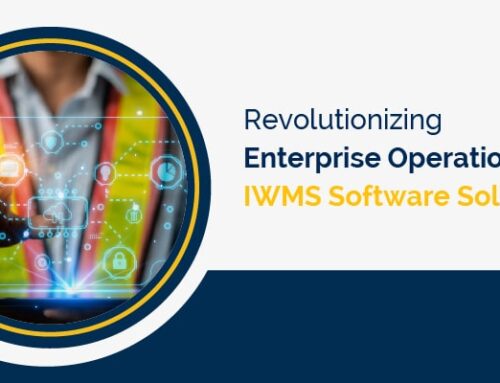What is a Workplace Management System and How It Optimizes Your Workspace
In today’s dynamic business environment, efficient management of physical spaces and resources is crucial. Research indicates that 43% of companies plan to increase their use of flexible workspace options within the next few years. Additionally, organizations can save up to 30% on real estate costs by optimizing space utilization and adopting flexible work models.
A workplace management system offers a comprehensive solution to streamline and optimize various aspects of the work environment—from managing physical spaces to enhancing productivity and resource allocation. By implementing such a system, businesses can reduce costs, adapt to hybrid and remote work models, and ensure seamless operations, all while maximizing the use of available space.
Key Features of a Modern Workplace Management System
Implementing a workplace management system enables organizations to bring together crucial tools and data, helping facility managers make informed, data-driven decisions. Here are some core features to look for:
- Space and Occupancy Management: Efficient space utilization is essential for maximizing productivity, especially with the rise of hybrid work models. A robust workspace management system tracks occupancy, analyses space utilization trends, and helps plan layouts that best serve employee needs, leading to reduced real estate costs and optimized space.
- Desk and Room Booking: Flexible booking solutions allow employees to reserve desks, meeting rooms, and collaborative spaces on demand. This feature in a workplace management system empowers a flexible and agile workforce, supporting a smooth transition between in-office and remote work setups.
- Asset and Equipment Management: A comprehensive workplace management system includes asset tracking and maintenance management. By keeping an accurate record of assets and their conditions, facility managers can ensure that employees have access to fully functional equipment, reducing downtime and increasing productivity.
- Environmental Monitoring and Energy Efficiency: To create a sustainable workspace, many organizations turn to environmental monitoring features. By tracking energy consumption, HVAC usage, and air quality, a workspace management system allows managers to optimize the environment, reduce energy costs, and contribute to sustainability goals.
- Data Analytics and Reporting: Data-driven insights are essential for making strategic facility decisions. The best workplace management systems provide analytics on space usage, occupancy trends, and asset performance, allowing organizations to align workspace planning with business goals. By analysing real-time data, companies can make proactive adjustments to enhance productivity and resource utilization.
Why Invest in a Workspace Management System?
A workspace management system is not just about managing physical spaces; it supports broader organizational objectives. Here are some key benefits of investing in a comprehensive system:
- Improved Resource Utilization: By understanding how spaces and resources are used, facility managers can optimize resource allocation and minimize waste.
- Enhanced Employee Experience: A well-managed workspace contributes to employee satisfaction, with easy access to essential resources and a comfortable environment.
- Cost Savings: With real-time data and efficient space management, organizations can cut unnecessary expenses, consolidate underused spaces, and achieve better ROI on real estate investments.
- Sustainability: Reducing energy consumption and creating sustainable workspaces aligns with environmental goals and regulatory compliance.
Choosing the Right Workplace Management System for Your Organization
When selecting a workplace management system, consider factors like scalability, integration capabilities, and user-friendly interfaces. Cloud-based solutions are also ideal for organizations seeking flexibility and remote access, ensuring that the system grows alongside your business needs.
Embracing the Future of Workspace Management
A workplace management system is an invaluable asset for any modern organization. By combining space optimization, real-time data analytics, and sustainability features, these systems transform how companies manage their facilities and support employee needs. To learn more about how a workspace management system can benefit your organization, explore further here.













